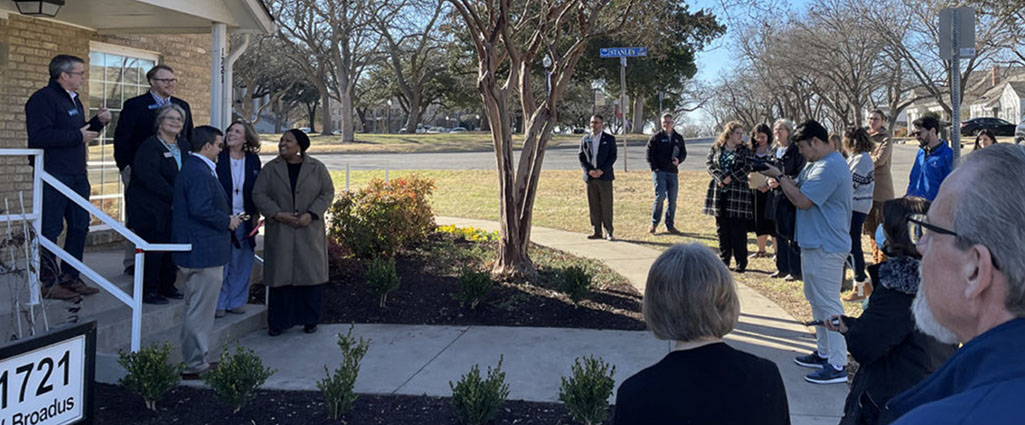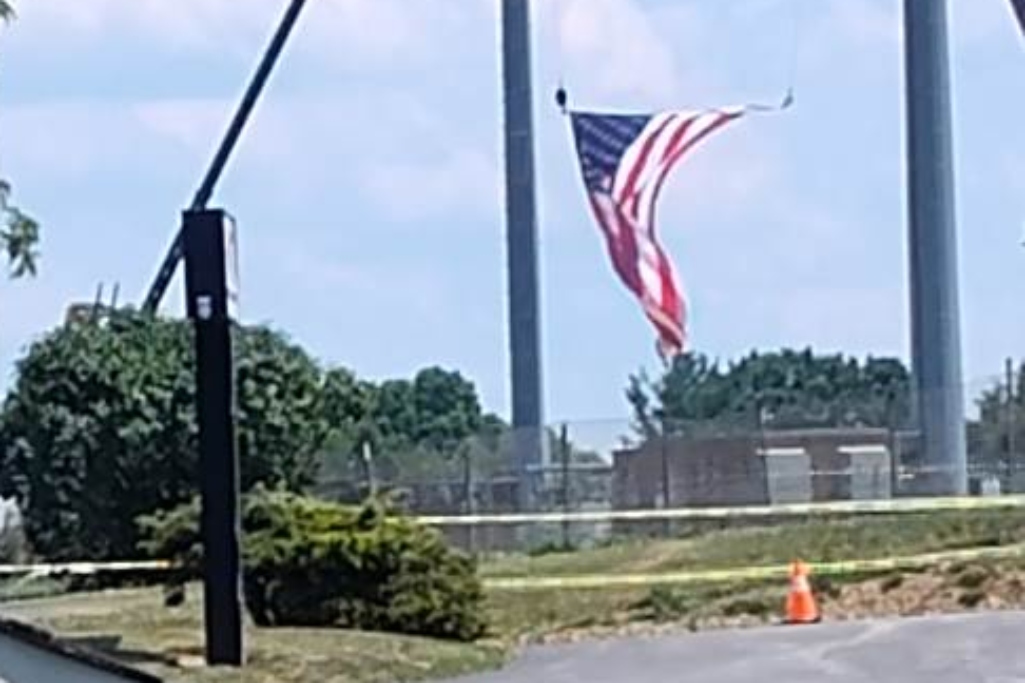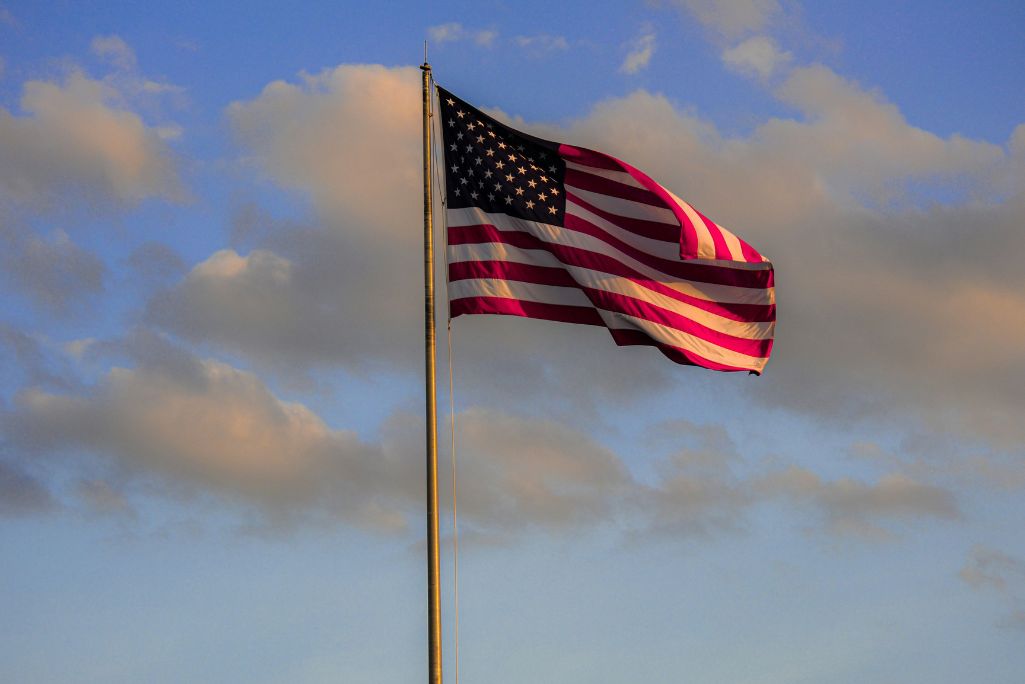
NASHVILLE (BP) — The word “tumultuous” is one of many associated with the current political season. It isn’t the first time and doesn’t appear it will be the last.
Those lines of division make their way into churches. But regardless of the candidate or amount of enthusiasm one has in his or her support, Christians should remember that political leaders come and go, said Southwestern Baptist Theological Seminary (SWBTS) professor Malcolm Yarnell, who added: “Our ultimate allegiance is to Jesus as Lord.”
“Christians ought to have a leavening influence on their society,” Yarnell said in an interview with Baptist Press. “But when we forget our primary allegiance to Jesus Christ [in favor of] political parties, movements or leaders, we begin to run into trouble.”
Many, if not most, Christians have a Mediterranean-centric view of where the faith began — think Jerusalem and Rome. While those areas were prominent, Yarnell said, it’s also important to know of Christianity’s spread into Asia. At one point, its center was located more in modern-day Iraq.
“This means that throughout history Christianity has had to deal with power, political and social issues. Sometimes they handled that well; sometimes they did not,” said Yarnell, SWBTS research professor of theology and author of several books, including “The Formation of Christian Doctrine” and “Who Is the Holy Spirit? Biblical Insights into His Divine Person.”
Areas like the region around Iran at one point had more Christians than Muslims, he said. Christians were never the majority, though, and through much of history had to learn to navigate as empires and their different cultures competed for dominance in the region.
That can sound familiar to American Christians, as the country is currently going through a change in how it sees religion.
Waning influence
An average of Gallup polls in 2023 found that 68% of Americans identified with the Christian religion. However, that reflected a consistent drop from the high point of 96% in 1956.
Presidential candidates began being more open about their faith in 1976 with Southern Baptist Jimmy Carter, a time when 88% of Americans claimed to be Christian. Ronald Reagan ended his 1980 acceptance speech with a moment of silent prayer. Bill Clinton, another Southern Baptist, talked about learning about Jesus in a preschool program. George W. Bush spoke of how Jesus changed his heart.
When Carter ran for president in 1976, only 6% claimed to have no religion. That figure held steady until the mid-2000s. The Gallup poll placed the 2023 number at 22% in its report released earlier this year.
Another poll from the Pew Research Center seemed to agree, reporting that 8 out of 10 Americans say religion is losing influence in public life.
It may explain why the faith of Republican candidate Donald Trump and Democrat Kamala Harris is getting a smaller role in this year’s campaign. As Americans’ views on the importance of religion have changed, so has the motivation for campaigns to speak on it.
Thinking in clouds
Word clouds generated by the New York Times reflected common words used by speakers at both the Democratic and Republican national conventions this summer. “God” was said 310 times at the RNC and around 100 times at the DNC.
The numbers were tighter among keynote speakers, as Trump and vice-presidential candidate J.D. Vance said “God” 14 times while President Joe Biden, Harris and vice-presidential candidate Tim Walz said it 12 times.
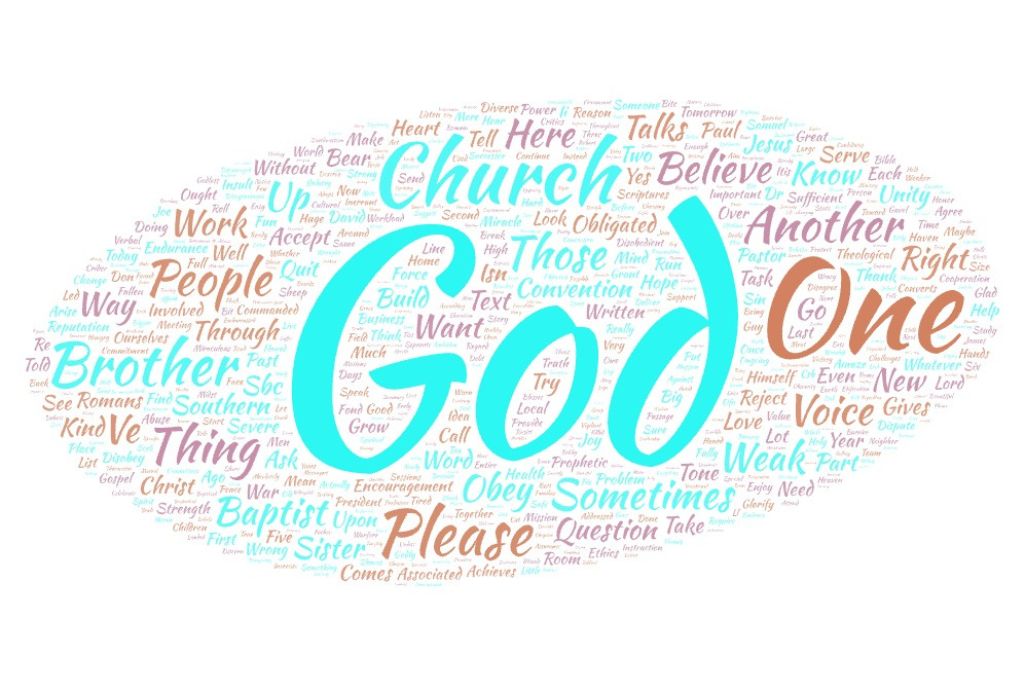
Words matter, but so does their intent and context. “Love,” “Right,” “United” and “Family” all appeared prominent at both conventions, but can carry different meanings and intentions.
“Word clouds can tell us about our conversations ‘within,’ but which word clouds are we involved in our own speech?” asked Yarnell. “If it’s all about politics, we’re telling others that the kingdom of this world is more significant than the kingdom of God.
“Our job for the kingdom of God is to be helping people, even people we disagree with politically and socially, to see that their hope is in Jesus Christ.”
The Southern Baptist Convention (SBC) annual meeting includes the president’s address and the convention sermon, delivered this year by Farmersville, Texas, pastor Bart Barber and City Church, Tallahassee, Fla., lead pastor Dean Inserra, respectively. A word cloud of each shows a focus on the gospel, as would be expected, but there is a connecting point for believers when considering their own daily speech.
“The church and state are two institutions … [and] it should be no surprise that the word clouds of the SBC speakers differ from those of political speakers,” said Yarnell.
“But let’s recognize this too — Who do we listen to most? Where do we give most of our attention? Should we be aware of the words spoken in the political arena? Absolutely. We must discern the times and culture in which we live.
“What should we be speaking? I think that’s the issue for us. Are we maintaining the gospel as our primary field of concern?”
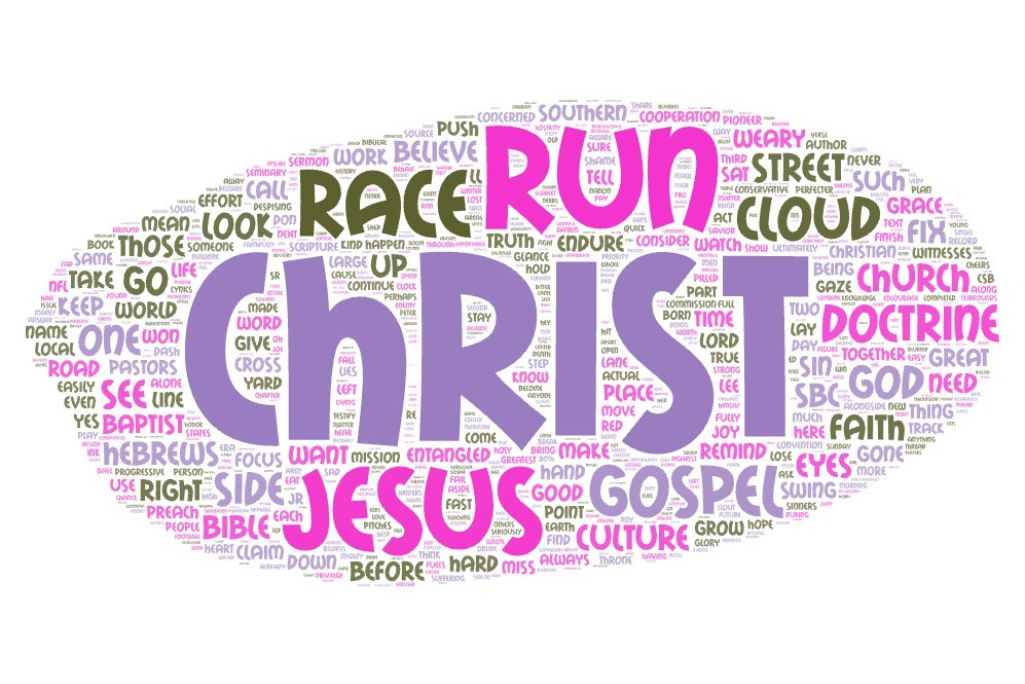
Thick and thin
Christians are being educated by something, he added. That can be the culture, social media, mainstream media or the church. All have a way of affecting our worldview to some degree.
Yarnell spoke of C. Gardner Taylor, a preacher and contemporary of Martin Luther King Jr. Very concerned with social issues, Taylor’s wife would at times comment on her husband’s sermon “thickness.”
“Sometimes she would tell him that his sermon was a bit ‘thin’ to let him know he was getting too much into political and social issues,” Yarnell said. “Those issues need to be addressed, but if it was his primary proclamation, it was robbing from the emphasis on the gospel.”
A consumer of news from various sources — each requiring its own grain of salt — Yarnell doesn’t consider social media the pariah that many do.
“It will have breaking news before the mainstream outlets. It also allows you to see what people think about events,” said Yarnell, who posts regularly on X, formerly Twitter, on a variety of topics.
There is always the danger of consuming posts for the sake of confirmation bias, though. It can become a matter of people “processing truth from falsehood.”
“The people I know who are hearing the Word of God and praying to the Lord are able to take the news and discern falsehood from truth,” he said.
An election season billed as the most important of our lives lends itself to stories where falsehoods outpaced the truth, at least for a time. This is why Yarnell calls on Christians to stay tethered to the truths of Christ.
“Let’s not turn our politicians into messiahs [and] political parties into a church,” he said. “That is where we begin to confuse the kingdom of God with the kingdom of this world.”
(EDITOR’S NOTE — Scott Barkley is chief national correspondent for Baptist Press.)

